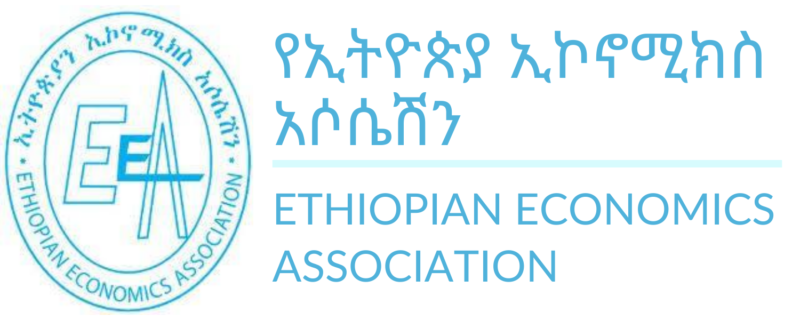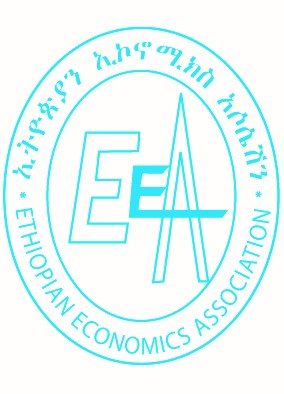Abstract
Only less than a quarter of Ethiopian adults have a formal account. In this
study, the status, level and determinants of financial inclusion and barriers to
financial inclusion in Ethiopia are analysed. We found that better education,
financial literacy, gender, age, living in an urban area, living in the capital
city, and preference for formal financial services are associated with a
greater level of financial inclusion in Ethiopia. Furthermore, we found that
involuntary and voluntary exclusion are higher in Ethiopia. We recommend
policies that could narrow down gender, religious, and urban-rural gaps and
foster financial inclusion in Ethiopia.

